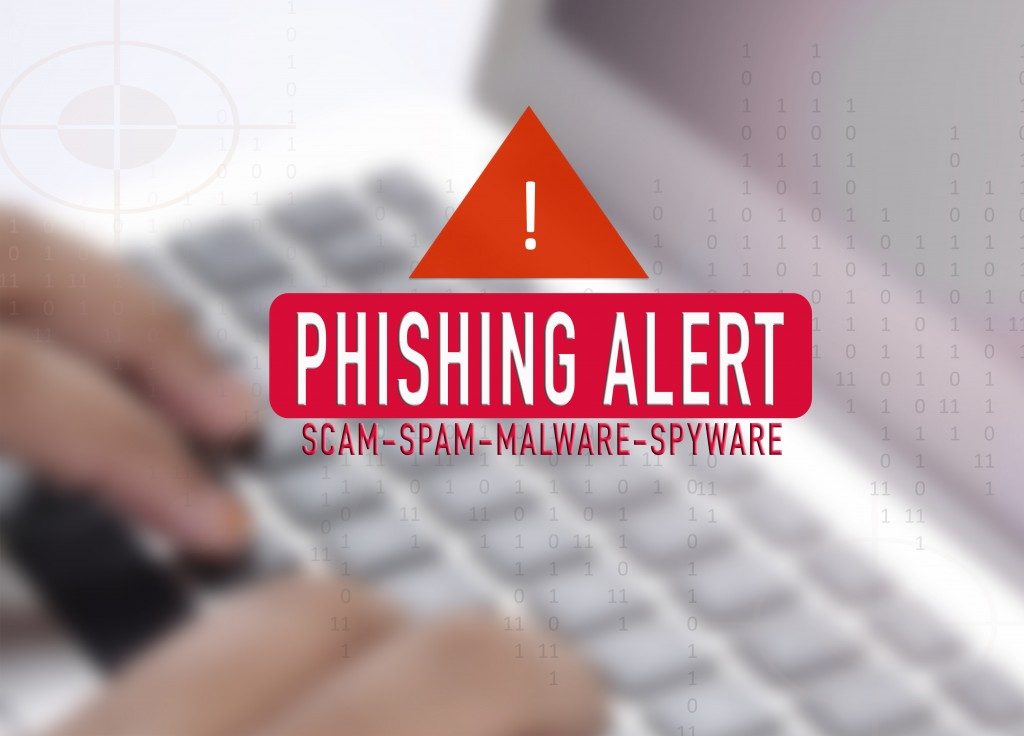Because the Internet is an open environment, it is easy for those with the intention to hack into people’s computers. There are ways to protect your network, but not everybody knows these.
According to Norton, some 516,380 small businesses became victims of cybercrime in 2017, resulting in an average downtime of 25 hours. Big cities, in particular, such as Perth and Sydney, have been improving their network penetration testing measures to ensure that businesses are well protected from any attack. It’s time that small enterprises and even homes start beefing up their walls, as well.
The Source of the Hacks
There are fancy hacking scripts and there are those that are pre-packaged and available for anybody to spread online. It doesn’t really matter if you have zero or some form of protection; when a hacker wants to get into your system, he or she can. But hacking scripts can also be spread to random targets, and even beginners can get some of them done. If your computer does not have anti-virus software that can alert you of potential attacks and risky files or websites, you and your precious files are extra vulnerable.
Are You Under Attack?
 Some people cannot recognise a hack happening even if it’s being done in front of them. However, there are typical signs, such as when some people on your email list start getting phishing emails or private messages from your address. If your website has been hacked, you or your visitors could be redirected to replica sites that try to collect sensitive financial or identifying information.
Some people cannot recognise a hack happening even if it’s being done in front of them. However, there are typical signs, such as when some people on your email list start getting phishing emails or private messages from your address. If your website has been hacked, you or your visitors could be redirected to replica sites that try to collect sensitive financial or identifying information.
The bottom line is that when you or your contacts start getting strange messages, or worse, emails asking for money, you’ve probably been hacked.
Remove or Prevent Hacks the Safe Way
The safest way to remove a hack when you’ve been hit is to install a reliable and top-rated anti-hacking software (antivirus). This tool will scan your computer for any potentially damaging files and software and then remove them immediately. Be sure to do your due diligence in finding out which anti-hacking software is the most reliable.
Better yet, get the help of a professional so he or she can provide recommendations and teach you about the other measures you can take to shield your computer. There are professionals in Sydney and other locations in Australia who can help with network penetration testing, which involve running a scan on your system to check how vulnerable it is.
The best way to prevent your system from being hacked is to think like a hacker. This way, you can stay one step ahead of the threat. Never download any unknown files or software into your computer and be sure to ask an expert for advice before doing so.
Never open attachments from suspicious sources, as well. Some hackers have gotten clever and use your friends’ email addresses to send links. To be safe, email your friend back if he or she did send you something before clicking anything. Finally, never store your financial details online or send them through email; this could be a goldmine for hackers.
